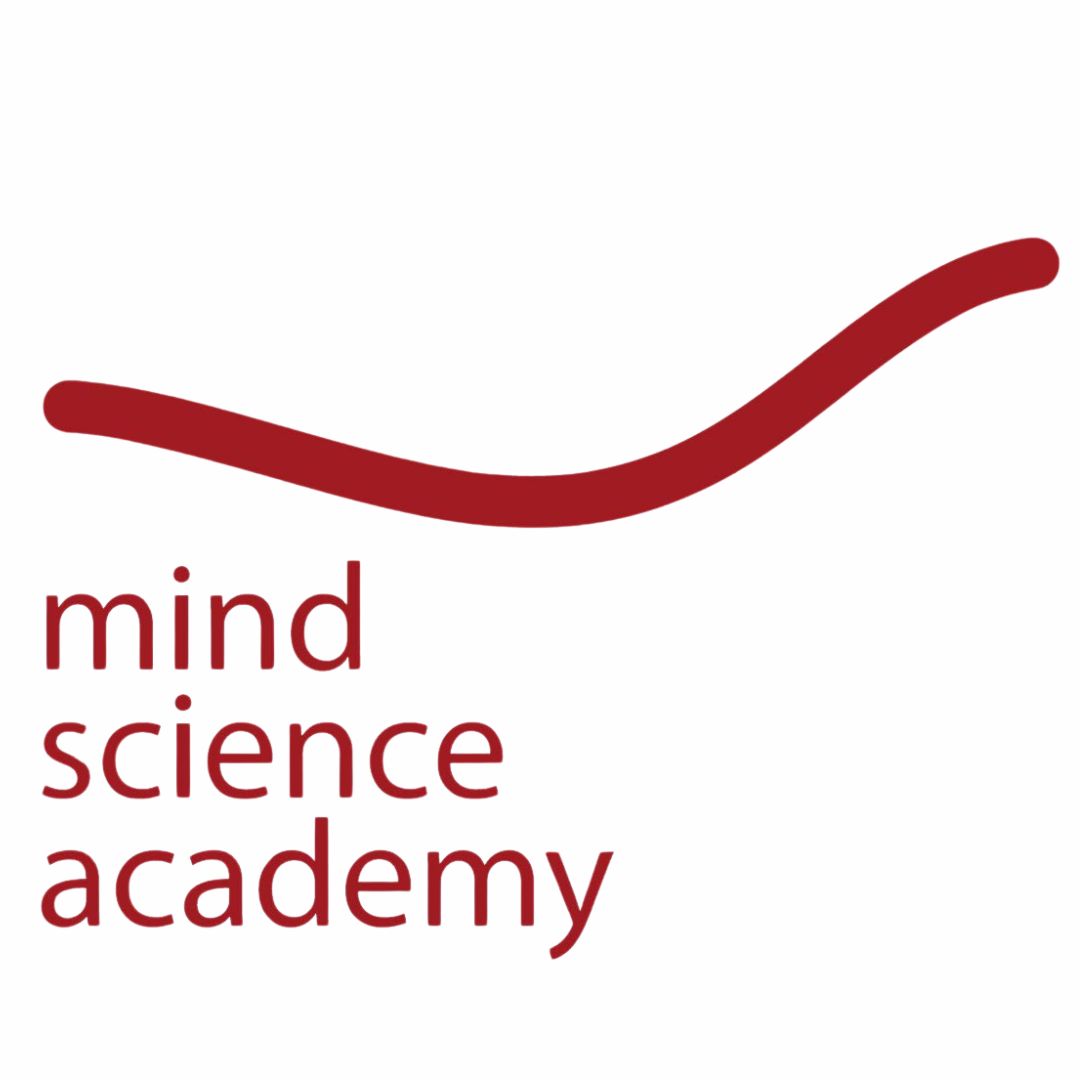by Carlo Carnevale
From the XIX century on, Buddhism has been called to confront challenges and opportunities collateral to the religious and cultural structure that characterized it in the pre-modern period.
Vengono introdotti modelli di pensiero scientifici e razionalisti, nozioni moderne di democrazia liberale e socialismo, e nuovi modelli di organizzazione economica capitalistica entrano a far parte della vita e del pensiero di buddhisti e non-buddhisti in tutta l’Asia.
During the XIX century Christian missionaries imposed their presence in Asia, assuming the primacy of Christianity grounding on the technical-scientific progress of its civilization, in the heat of colonial expansion. Yet, Buddhist intellectuals in the West and reformers in Ceylon (now Sri Lanka), Vietnam and Japan, brought these foreign narratives to a short circuit, showing from different angles how Buddhism can qualify as the only world religion that is genuinely compatible with modern science.
The weight of rituals, devotions and beliefs that Europeans would've deemed superstition is recalibrated; focusing instead in the lack of central creating deities; affirming that Buddhism is grounded upon rational intuition and empirical experience, rather than faith; insisting on the human, non-divine nature of the Buddha.
Such formula minimizes the ritual and metaphysical elements within traditional Buddhism, emphasizing scientific rationality along with first-person meditative experience, making itself compatible with the West's positivist worldview.
This wave of reinterpretation referred to by historians as Buddhist modernism (in the Western context, also known as Scientific Buddhism or Naturalized Buddhism) plays a fundamental role in the reception of Buddhism in the West since the 19th century. It exemplifies a form of Buddhism that engages with, and sometimes incorporates, certain typically modern narratives – namely, narratives that emphasize the centrality of individual reason, the scientific method, the unavoidable march to progress, suspicion of tradition and traditional authority, and the reformist impulses of Enlightenment and Protestantism.
Sources & Further Readings:
D. L. MacMahan, 2004, “Modernity and the Early Discourse of Scientific Buddhism”.
B. Victorya, 2013, D. T. Suzuki Zen and the Nazis, The Asia-Pacific Journal.



